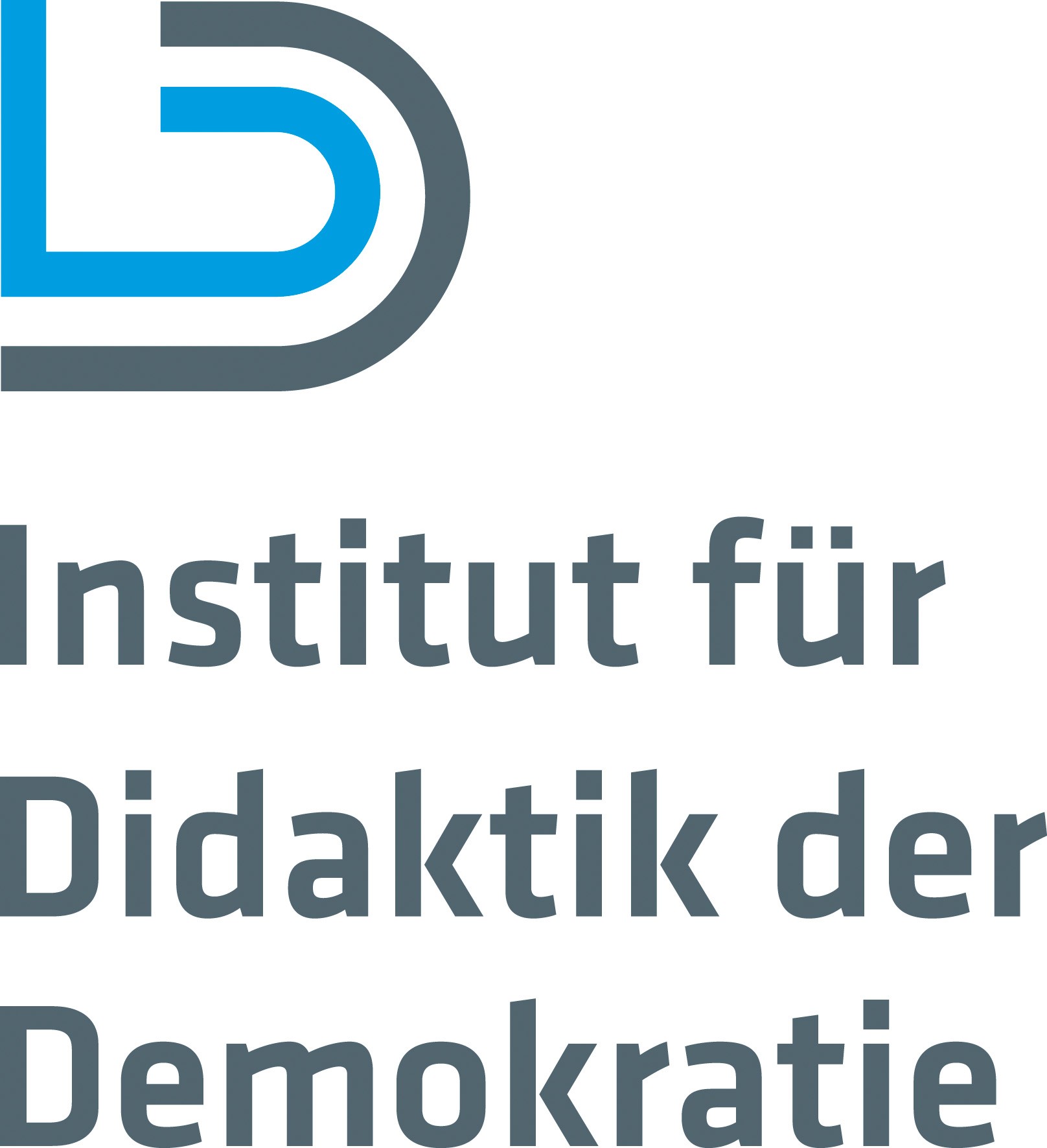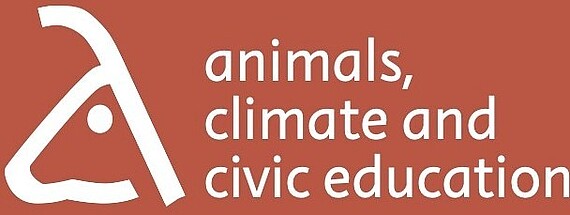
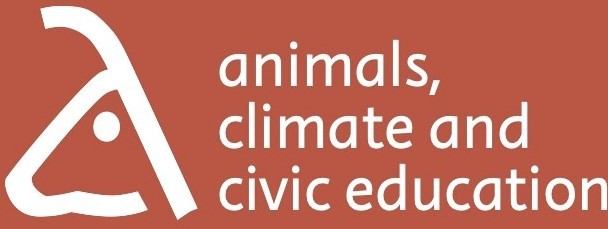

The Animals, Climate and Civic Education (ALICE) project is funded by the European Commission and focuses on the human–animal relationship and related aspects. ALICE is a partnership of six organisations from Germany, France and Austria that together create teaching and learning materials for teachers and school pupils.
ALICE focuses on the ethical, political and economic aspects concerning animal rights and explores the needs, characteristics and abilities of animals based on the latest findings and insights from animal behaviour research. The main goal of ALICE is to ensure that animal ethics and related issues receive more attention in the classroom.
Project Manager


30167 Hannover


Project Lead


30167 Hannover


Project
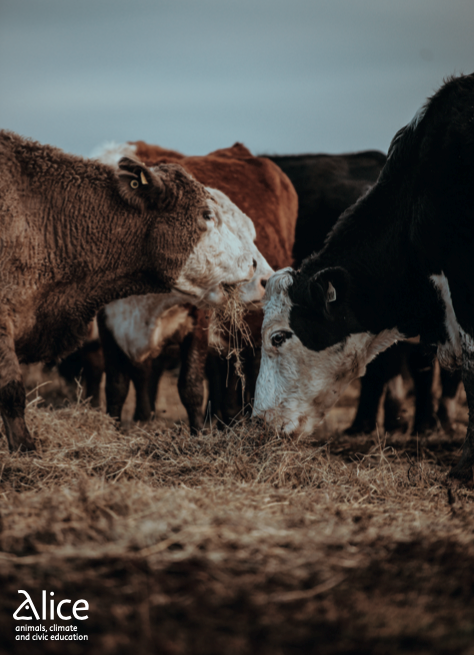


ALICE addresses a range of questions such as the following:
- What are the effects of animal use, not only for the individual in question, but also on the earth, its various ecosystems, its climate and thus also on us – humans?
- How can people be motivated to change their behaviour accordingly, and what possibilities for change are conceivable?
- What changes are needed at a social and political level, and how can these be achieved and put into practice?
Nowadays, it is easy to find information about conditions in the animal industry. Extensive footage from factory farms, live animal transports and slaughterhouses reveals that the laws and regulations currently in place to protect animals are often poorly implemented. Yet despite this, many people still find it difficult to develop a willingness to change their own consumption behaviour.
At the same time, society is increasingly calling for improvements in animal welfare and for concomitant changes to the political and economic frameworks. On top of that, more and more people are fighting not for animal welfare reforms but for the total abolition of the animal industry itself.
At an individual, societal and political level, the field of animal ethics is riddled with contradictions, inconsistencies and ambiguities. Over the past 20 years or so, philosophers, sociologists and psychologists have increasingly been exploring the question of how these arise, how they are internalised and how they are culturally sustained and reproduced. This has led to the relatively recent emergence of the field of human–animal studies, which plays an important role in the ALICE project. This field of studies explores, among other things, the tension between the concept of ‘animals as subject’ and ‘animals as object’. Many of us enjoy very close relationships with our ‘pets’ (dogs, for example, are popularly known as ‘man’s best friend’) but have only very vague notions of the lives and needs of typical ‘farm animals’.
This is exactly where ALICE comes in, putting the spotlight on not only animal agriculture but also other areas of animal use.
Objectives of the ALICE project:
- The topics of animal protection and animal rights find their way into classrooms to a greater extent.
- Teachers use the materials created by experts to help them learn more about the political, legal, ethical and economic conditions for animal suffering and climate change.
- Teachers help their pupils think critically about the project topics, reflect on their own lifeworld approach and discuss with each other.
- Teachers learn how to show their pupils ways to get involved in school, society and politics.
- Pupils are involved in the production of the project results and experience their own self-efficacy.
Results
This project is ongoing. Stay tuned for upcoming results!
RESULT 1: GRAPHIC NOVEL
In order to show that (farmed) animals have a personality, feelings, empathy and intelligence, the project consortium develops comics that focus on exactly these characteristics of animals. People are thus sensitised and encouraged to view (farmed) animals as individuals instead of mass-produced goods.



RESULT 2: PODCASTS
In order to enter into a discourse, to present areas of tension and to make it possible to view the topic holistically, podcasts are conceived for teachers and pupils. Above all, the topics of animal suffering and climate change as well as the possibilities of minimising these as an individual and society will be addressed.
The podcasts are available in German only. The associated abstracts are available in English above.
RESULT 3: BLENDED LEARNING TRAINING
This project result consists of modules for teachers for further training, the corresponding curriculum as well as teaching and learning units with which teachers can subsequently design their own lessons. The content of the modules deals in particular with animal husbandry and global interrelationships, legal principles, ethical issues as well as the teacher’s own attitude.
RESULT 4: LEARNING VIDEOS
The learning videos, which work with the latest findings from animal intelligence and behavioural research, are intended to further deepen the corresponding knowledge of teachers and to encourage them to find a solid way of dealing with ethical areas of tension. Teachers should be enabled to teach the relevant content in such a way that their pupils can come to their own judgements.
Promotion Material
News & Events
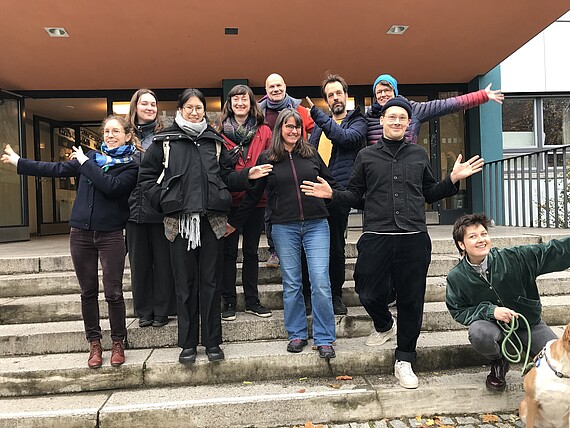
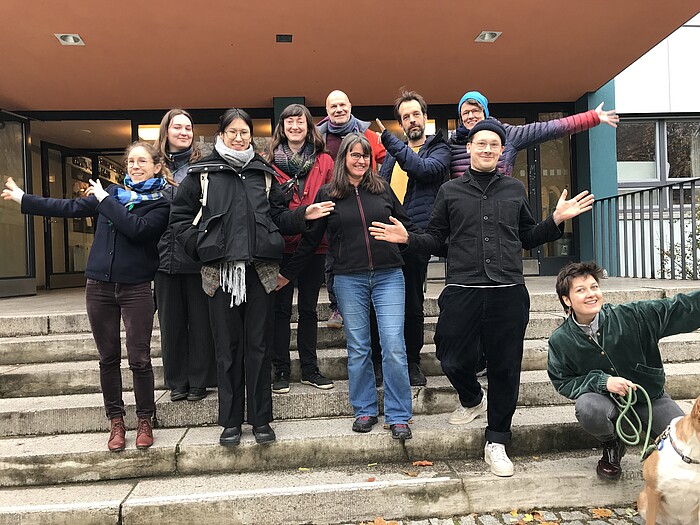
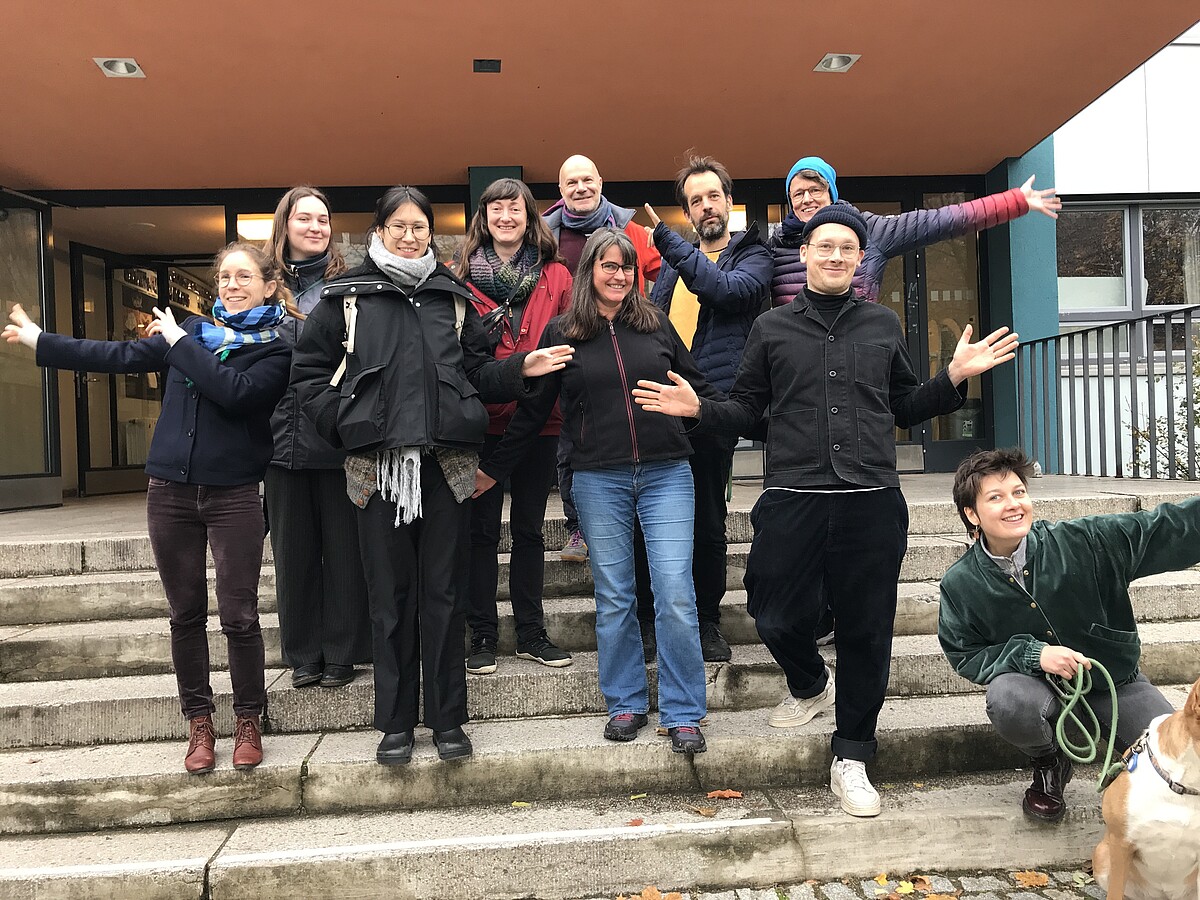
Fourth project meeting in Berlin
The fourth and penultimate international ALICE meeting took place on 14 and 15 November in Berlin. The organisers from Mensch Tier Bildung e.V. invited the project consortium to discuss and elaborate on the final results of the project and to develop a further plan for the dissemination of the results. An important focus of the meeting was the development and modification of the training planned for February 2024 (Result 3). The learning videos from Result 4 were also further developed.The productive meeting ended with an agreement on a joint plan for the future and the completion of the project next year.
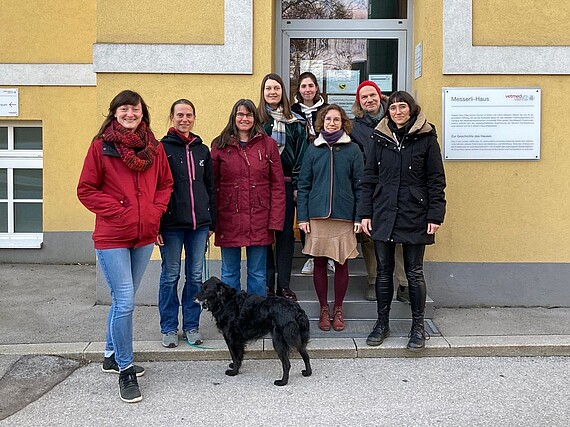
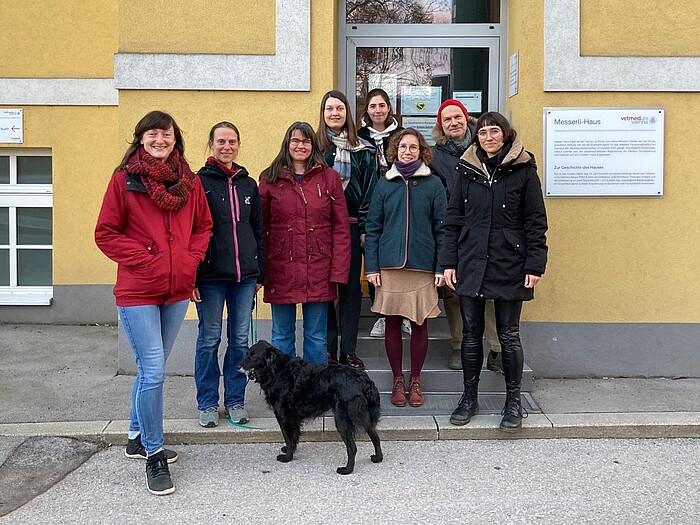

THIRD PROJECT MEETING IN VIENNA
The third international ALICE project meeting was held in Vienna from 28 February to 1 March 2023. It was hosted by the project partner Messerli Research Institute of the University of Veterinary Medicine Vienna. The meeting involved a final review of the graphic novel (result 1), which will be available soon; the presentation of the recently recorded podcast episodes (result 2); and a discussion of results 3 (blended learning training) and 4 (learning videos). The participants also engaged in lively discussion about the further course of the project. In particular, they agreed upon some initial approaches to a dissemination plan, which will be pursued in the coming weeks and months.
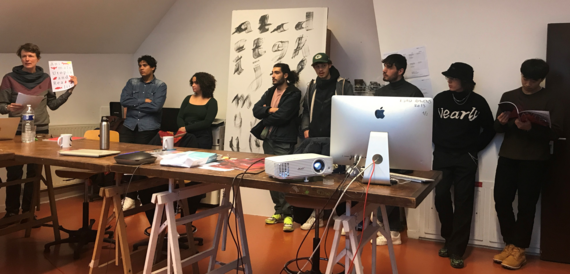
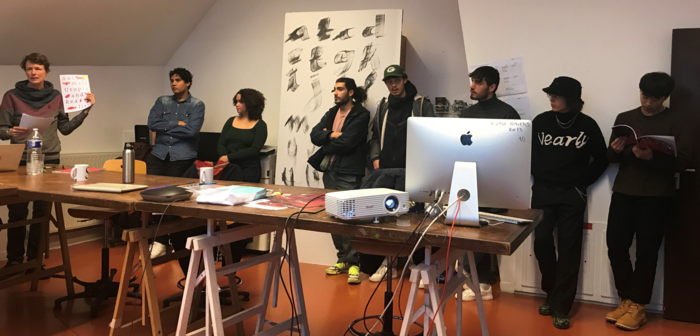
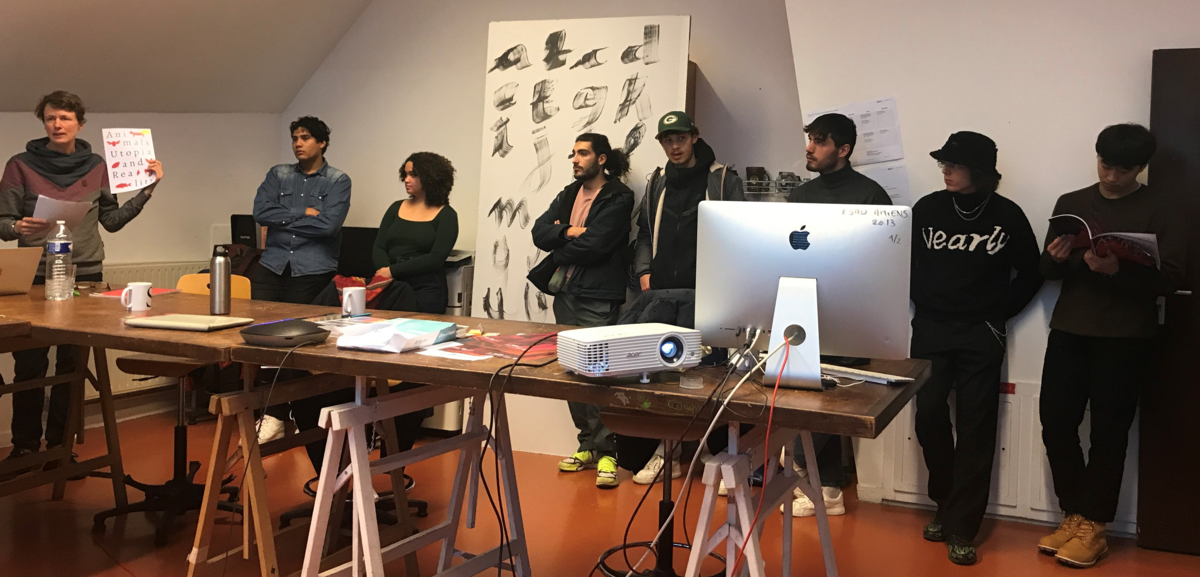
SECOND PROJECT MEETING IN AMIENS
The second ALICE project meeting took place on 29–30 November 2022 in Amiens. Here, the working versions of the graphic novel created by the students of the partner organisation École supérieure d'art et de design d'Amiens were reviewed and a final version was chosen. Once the text has undergone final editing and been translated, the graphic novel will be printed in a high-quality process and then published in spring – making it the first project result to be completed. It will also be available in PDF format on the ALICE website along with an educational guide for teachers. Work has also begun on the animal ethics and climate podcasts, which are scheduled to enter the production stage very soon.
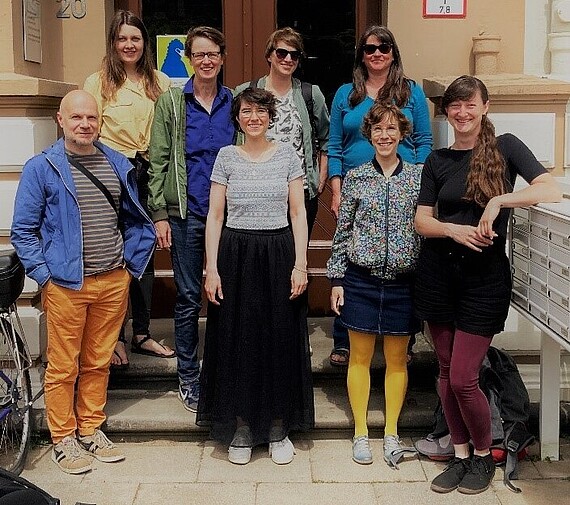

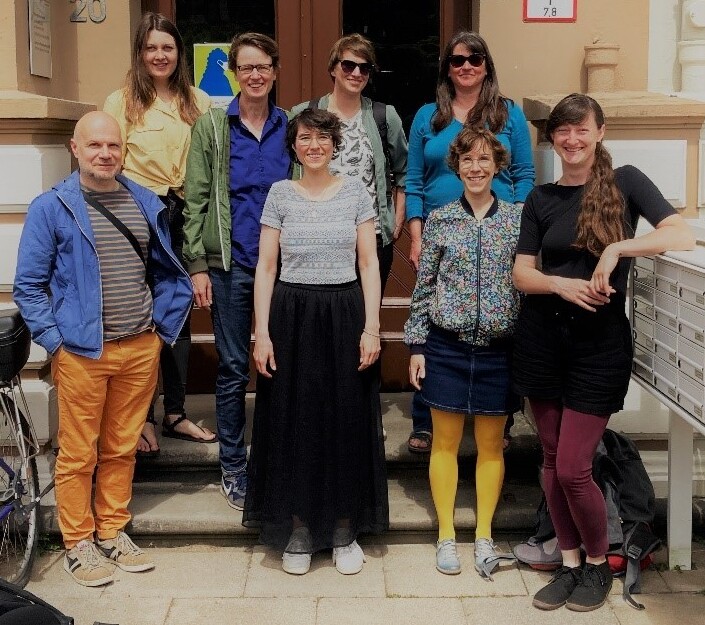
KICK-OFF IN HANOVER
The ALICE project kick-off took place on 7–8 June 2022 at the Institute for Didactics of Democracy in Hanover. Representatives of the partner organisations met for two days to discuss the main pillars of the project, finalise the work plan and schedule and get to know each other. And in this lively and collaborative atmosphere, work also began on the first project result (graphic novel). An online meeting will be held in September to evaluate the scripts before work on creating the graphics begins. The second official project meeting is scheduled for November in France, where participants will have the opportunity to review the working versions of the graphic novel.
About us



Institute for Didactics of Democracy
The Institute for Didactics of Democracy was founded at the end of 2013 and established as part of the Faculty of Philosophy at Leibniz Universität Hannover. The institute has set itself the goal of bundling and profiling research and transfer activities in the fields of political and democracy education, history and remembrance culture as well as the social challenges of civil society in the 21st century.
The overall aim is to enable both young people and adults to acquire the key skills and competencies necessary for active citizenship and participation at all levels of social and political life. The research group offers a wide range of teacher training and introductory seminars covering all aspects of civic education in teaching and learning. The training courses are offered at university level as well as at national and European level.
Contact person: Ronja Kummer (kummer@idd.uni-hannover.de)
Website: https://www.idd.uni-hannover.de/
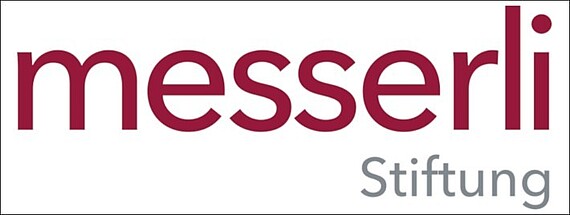
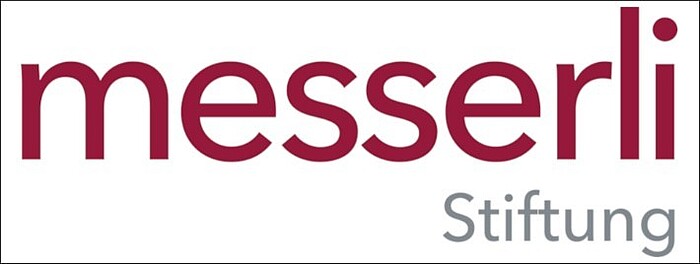
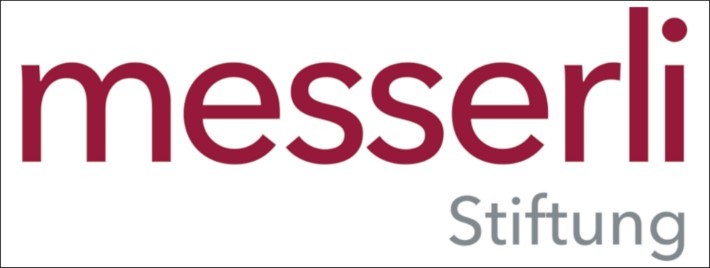
Messerli Research Institute
The Messerli Research Institute was founded in 2010 with the support of the Messerli Foundation (Sörenberg, Switzerland) under the direction of the University of Veterinary Medicine Vienna in cooperation with the Medical University of Vienna and the University of Vienna. The work of the institute is characterised by a broad interdisciplinary approach (biology, human medicine, veterinary medicine, philosophy, psychology, law) and a strongly international outlook. The research is dedicated to the complex interaction between humans and animals, their theoretical foundations in the cognition and behaviour of animals, comparative medicine and ethics. The scientific findings are intended to provide guidelines for the responsible and acceptable treatment of animals.
Contact person: Ariane Veit (Ariane.veit@vetmeduni.ac.at)
Website: https://www.vetmeduni.ac.at/messerli-forschungsinstitut
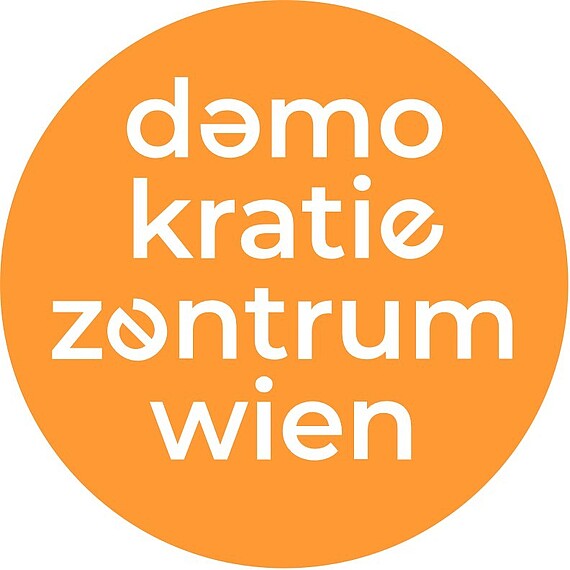
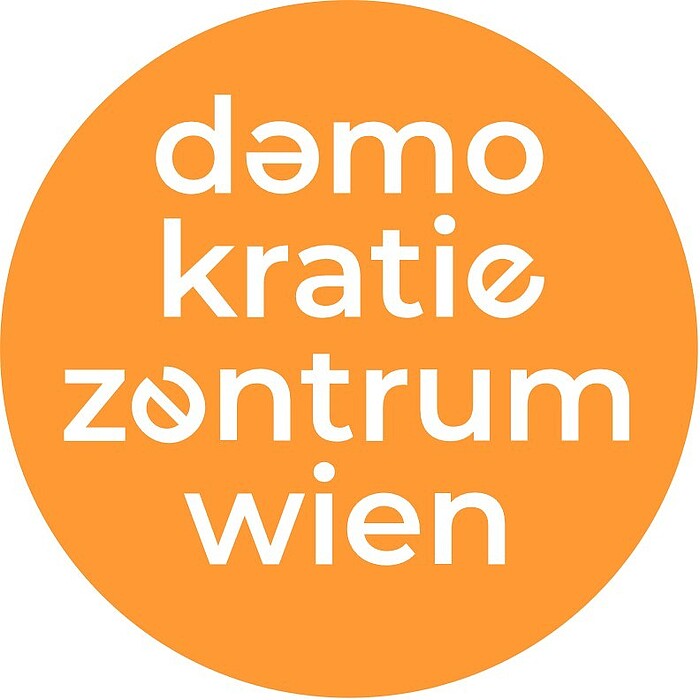
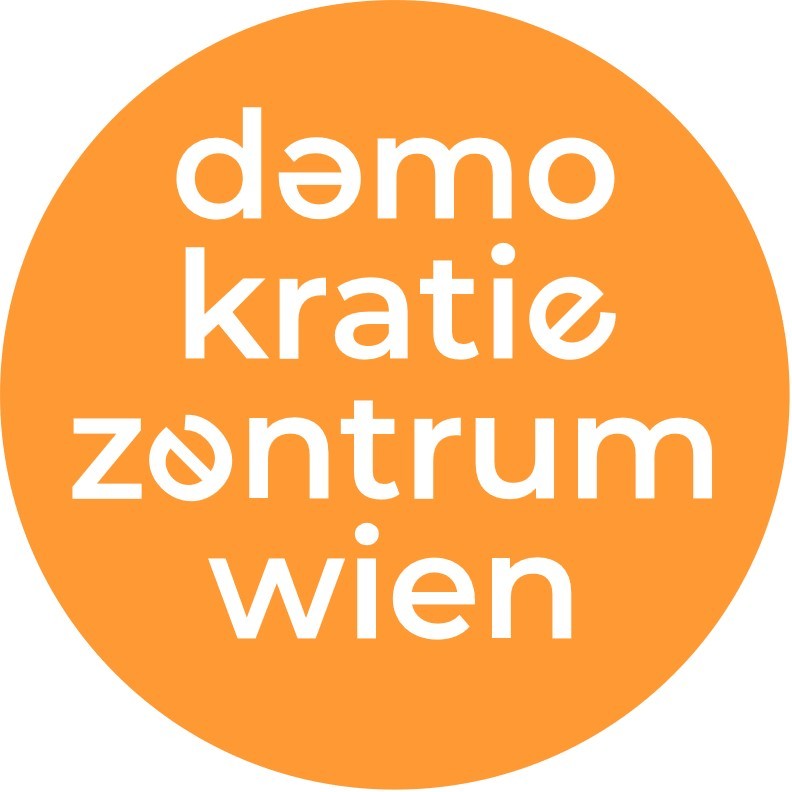
DEMOCRACY CENTRE VIENNA
The Democracy Centre Vienna is an independent scientific institution focusing on democracy research and democracy education. Our empirical and theoretical research furthers scientific knowledge, strengthens democratic political discourse and transfers outcomes into educational opportunities. Democracy is an open and dynamic process and must always be renegotiated in social and political cooperation. As a continuous process of learning and shaping, democracy requires conscious and active nurturing by citizens. As a form of government, society and life, democracy is the starting point and objective of our activities.
Contact person: Arne Schrader (schrader@demokratiezentrum.org)
Website: https://www.demokratiezentrum.org/



Mensch Tier Bildung e.V.
The non-profit association Mensch Tier Bildung e.V. was founded in 2015 by scientists, educators and volunteers in Berlin. It conducts emancipatory educational work on the human–animal relationship in society. Through this work, we want to encourage people in our society, regardless of their level of education and age, to engage with the prevailing human–animal relationship. The goal of Mensch Tier Bildung e.V. is to help the participants develop a critical awareness of social issues and adopt a well-founded position towards these.
Contact person: Rhiannon Westphal (kontakt@mensch-tier-bildung.de)
Website: mensch-tier-bildung.de



ECOLE SUPERIEURE D'ART ET DE DESIGN D'AMIENS METROPOLE
Emerging from the former École Régionale des Beaux-Arts opened in 1758, the École supérieure d'art et de design d'Amiens is a public institution that offers two training departments:
- The Design department: graphic and digital design, character design
- The Animated Image department (Waide Somme): 2D/3D animation, video games, virtual reality
These courses lead to two diplomas from the Ministry of Culture: the DNA, a national art diploma that is recognized as a bachelor's degree, and the DNSEP, National Diploma of Plastic Expression, accredited with the grade of Master.
Contact person: Alisa Nowak (international@esad-amiens.de)
Website: https://www.esad-amiens.fr/



Evangelische Schule Berlin Zentrum
Pursuing a strong mission since its founding in 2007, the Evangelische Schule Berlin Zentrum (ESBZ) is an inclusive community school that takes children and adolescents from grade 7 through to 13. In addition, we cooperate with the Evangelische Schule Berlin Mitte (elementary school).
Even after 13 years, a shared understanding of education is important in order to continue to advance the small and large fields of development in a courageous, educationally sound and innovative way.
Our slogan is: courageous – protestant – open-minded
Contact person: Jana Tafankaji (j.tafankaji@ev-schule-zentrum.de)
Website: https://www.ev-schule-zentrum.de/



This project has been funded with support from the European Commission. This communication reflects the views only of the author, and the Commission cannot be held responsible for any use which may be made of the information contained therein. Project Number: KA 220-NI-21-30-32616.
